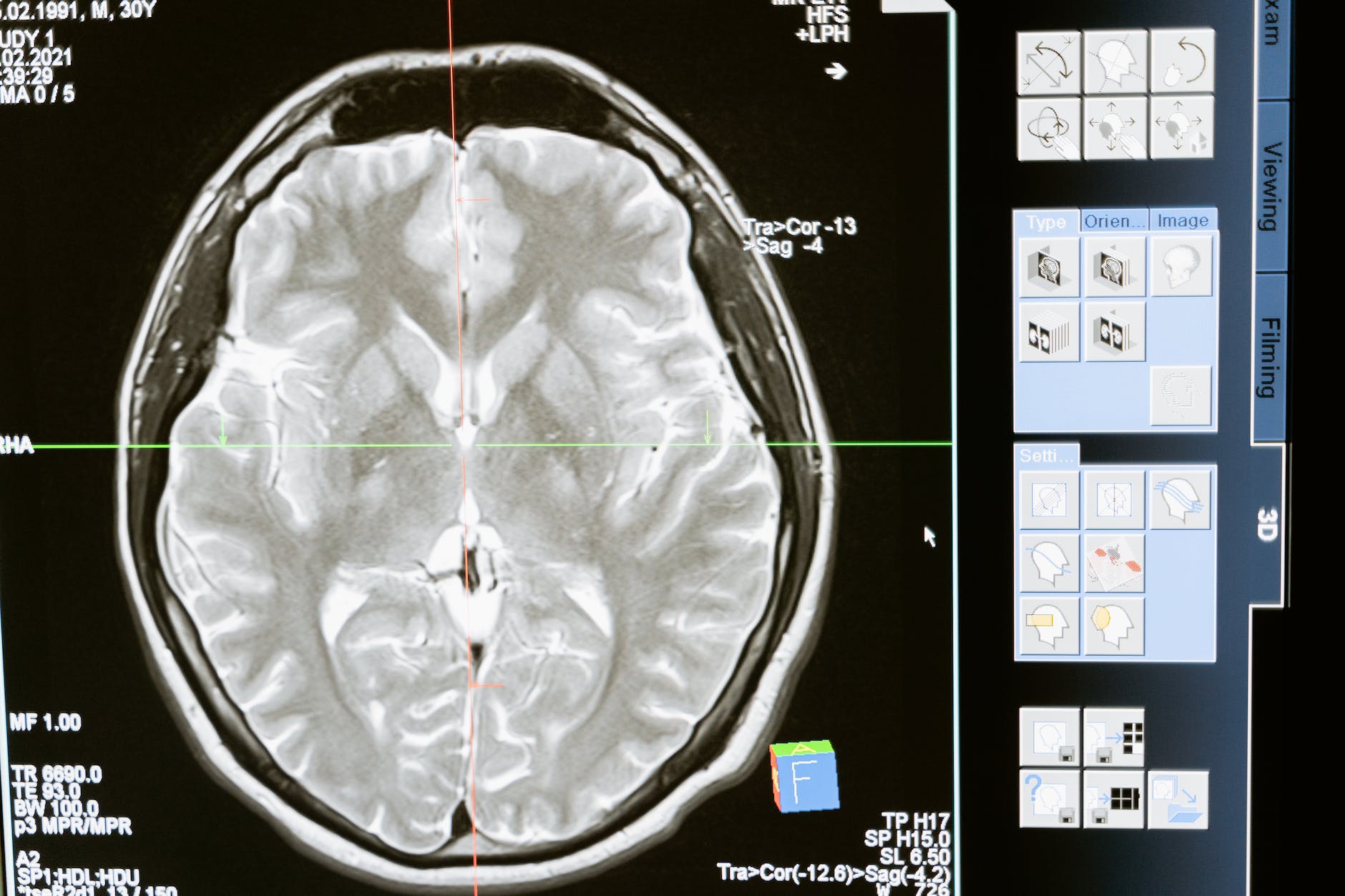In the blink of an eye, Artificial Intelligence (AI) has shifted from a futuristic concept to a fundamental part of our daily lives. The last decade alone has witnessed exponential growth in AI capabilities, fundamentally altering industries, reshaping our interactions, and redefining what’s possible. This rapid evolution of AI isn’t just about technological prowess; it’s about the transformative impact on society, economy, and our everyday routines.
AI in Everyday Life: Practical Applications

AI is no longer confined to labs and tech companies; it’s everywhere. From personalized product recommendations on e-commerce sites to voice assistants in our homes, AI’s integration into daily life is profound. In industries, AI streamlines operations, enhances customer experiences, and drives innovation. In agriculture, AI-driven precision farming techniques optimize resource use and crop yields. In finance, AI algorithms detect fraud and automate trading strategies. These examples just scratch the surface of AI’s expansive role.
The Cutting Edge: Recent Innovations in AI

Recent advancements in AI have been groundbreaking. Deep learning, a subset of machine learning, enables AI to analyze and learn from vast amounts of data with minimal human intervention. This technology powers revolutionary applications like autonomous vehicles, sophisticated natural language processing, and advanced image recognition. Another notable innovation is AI in quantum computing, which promises to solve complex problems unimaginable for traditional computers.
AI and Ethics: Navigating the Challenges
As AI becomes more integrated into our lives, ethical considerations come to the forefront. Issues like privacy, surveillance, bias in AI algorithms, and the accountability of AI decisions are hotly debated. Ensuring that AI advancements align with ethical standards and human values is crucial. This involves collaborative efforts from technologists, ethicists, policymakers, and the public.
Machine Learning: The Engine Behind AI Progress
At the core of AI’s evolution is machine learning. By feeding massive datasets to algorithms, machines learn to recognize patterns and make decisions. This learning process is the driving force behind AI’s capabilities in diverse fields, from predictive analytics in business to diagnostic accuracy in medicine.
AI in Healthcare: Saving Lives with Technology

AI’s impact on healthcare is nothing short of revolutionary. AI-powered diagnostic tools can detect diseases like cancer earlier and more accurately than ever before. In drug development, AI algorithms analyze biological data to predict how different drugs will interact with the human body, speeding up the discovery of new medicines. AI also enhances patient care through personalized medicine, offering treatments tailored to individual genetic profiles.
The Role of Data in AI Development
Data is the lifeblood of AI. The quality and quantity of data fed into AI systems determine their effectiveness. Data collection and analysis are integral for training AI models, refining their accuracy, and ensuring their adaptability to real-world scenarios. The challenge lies in balancing the hunger for data with privacy and ethical considerations.
Future Predictions: Where AI is Heading Next
The future of AI is as exciting as it is uncertain. Predictions include AI becoming more autonomous, capable of self-learning without human input. Another anticipated development is AI’s increasing synergy with other technologies, like IoT and blockchain, leading to even more innovative applications. AI is also expected to play a significant role in tackling global challenges like climate change and sustainable development.
The Impact on Jobs: AI and the Workforce
AI’s impact on the job market is a double-edged sword. While it automates routine tasks, potentially displacing certain jobs, it also creates new opportunities in fields like AI development, data analysis, and AI ethics. The key lies in education and training programs to prepare the workforce for this shift.
Conclusion: Embracing the AI Revolution
The AI revolution is not a distant future; it’s here, now. Embracing AI requires understanding its capabilities, challenges, and potential impacts on our world. As AI continues to evolve, staying informed and engaged with this technology is crucial for harnessing its benefits while navigating its challenges. The journey into the AI-driven future is an exciting one, full of opportunities for innovation, growth, and positive change.

